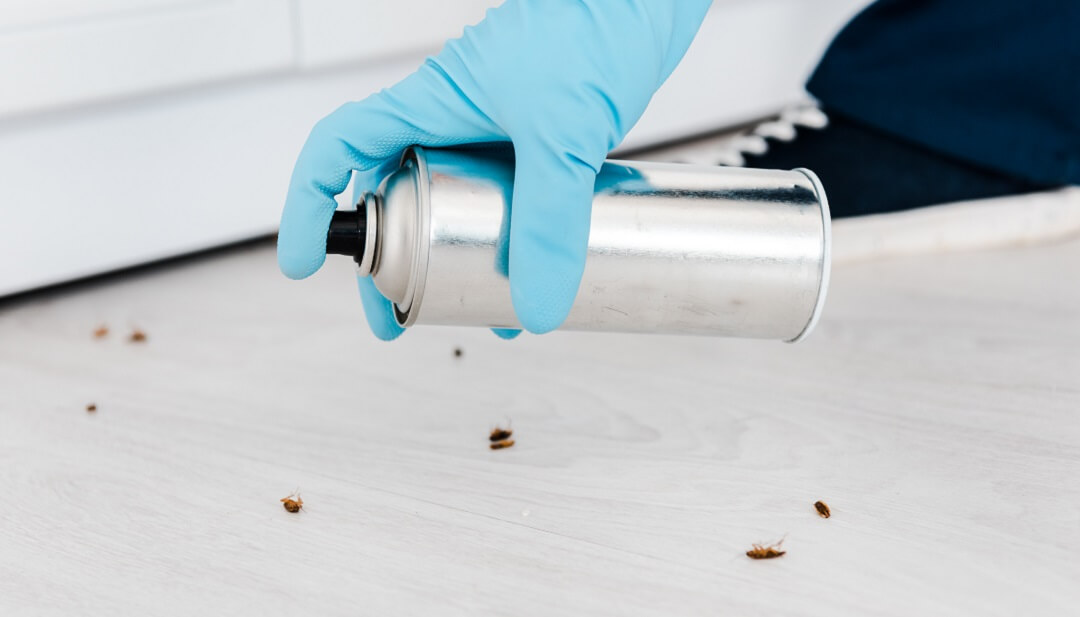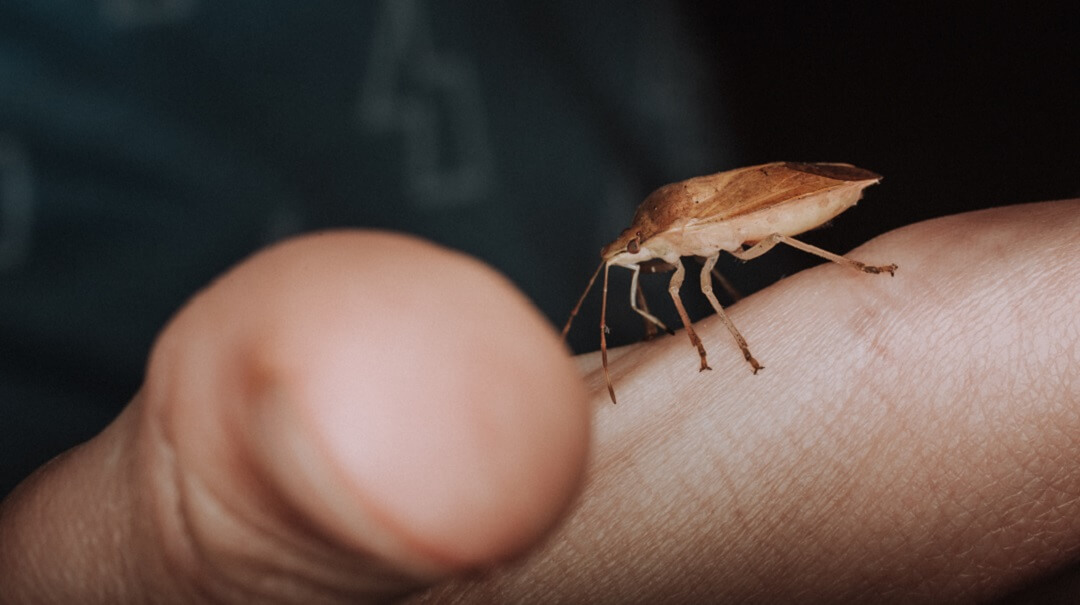Bugs inside the home are simply annoying, from them flying around the house to sitting on you only to get an itchy bite later. No matter how hard you try to ward them off, these creepy crawlies somehow always find a way to get back in.
But not anymore. Here are some tips on how to keep bugs out of the house.
Key takeaways
- Seal doors, cracks, and openings to prevent bugs from entering.
- Maintain your yard and minimize standing water to reduce bug infestations.
- Keep your kitchen clean and dispose of trash properly.
- Sweep or vacuum regularly and store food properly to prevent bug infestations.
- Use natural repellents such as peppermint oil, white vinegar, diatomaceous earth, and cucumber to get rid of bugs.

Best ways to keep bugs out of the house
Just when life starts getting more hectic and you struggle to take care of all your daily chores around the house, these small bugs find a way into your home. All they need is some food, water, and shelter. If they get access to these inside your home, you’ll find yourself racking your brains about how to keep them from coming through the window.
When practiced regularly, these natural methods will help keep bugs out of the house. Here, we have listed some of these best practices.
1. Seal the doors, cracks, and other openings.
If you look closely at your entryways, you’ll be amazed at how many unsealed spaces you can find, each of which provides an easy entry path for bugs. You must ensure that all your entryways are sealed, be it doors or windows.
Here are some practices we recommend:
- When not in use, especially at night, keep your garage door closed.
- Fill up gaps around baseboards, cabinets, and windows with caulk.
- Remove screens just to clean around your windows, then replace them.
- Look for holes in the window screens.
- Install door sweeps on all exterior doors.
2. Maintain your yard.
Mosquitoes require water to reproduce. Therefore, minimizing standing water in your yard is one of the most effective strategies to reduce bug infestations.
Locate the problem areas where water gets collected in your yard, as this could be an excellent breeding ground for bugs. Also, ensure that you have proper drainage.
3. Keep your kitchen clean.
Cleaning your house, especially the kitchen, where you find breadcrumbs and other snacks for bugs, is a great way to keep pests away. To avoid this, make sure you vacuum often. On days you feel lazy to throw the trash out, make sure your bins are covered for the night.
4. Sweep or vacuum regularly
To prevent these pests from becoming a problem, vacuum and use a drain cleaner regularly. Insects like cockroaches enjoy hanging out in stacks of newspapers and cartons, so make sure they don’t accumulate around the house.
5. Dispose of the trash properly.
Food waste should be disposed of in the kitchen rather than in wastebaskets. The garbage should be deposited in a lidded bin and emptied every night. All garbage cans and recycling bins, both inside and out, should also be cleaned and sterilized on a regular basis.
6. Keep damp areas dry
Any dripping faucet drains, or pipes should be repaired. Check that your air conditioner, washer, and dryer are all in functioning order. Attics are also considered bug heaven, so don’t forget to check on them for moisture.
7. Keep foundations clear and protected.
Also, look for gaps in the foundation and siding joints. The lowest row of siding or trim is frequently not firmly sealed to the home, allowing access to bugs.
8. Store food properly.
Fruit baskets or snack bars may make a lovely table display, but it is a well-known fact that they attract bugs and all other kinds of insects. Don’t forget about the pet bowls. You may lessen the likelihood of bugs taking refuge in your house by eliminating their favorite hiding places.
9. Get rid of the bugs you see.
The moment you spot a bug infestation in your home, it is advisable that you get professional help. Request an appointment with a residential pest control service company and get rid of these annoying creatures.
10. Use natural repellents.
Are you wondering how to keep insects away from home naturally? Pest management doesn’t require using dangerous chemicals. There are lots of natural and safe alternatives. You may use the following naturally available substances to get rid of bugs.
- Peppermint oil – This is great for removing ants, spiders, and cockroaches.
- White vinegar – Works excellently against ants.
- Diatomaceous Earth (DE) – Keeps away stink bugs, beetles, flies, and spiders.
- Cucumber – Gets rid of moths, flies, wasps, and ants too.

Common bugs to look out for
You should be able to identify the common kinds of bugs that infest your home to ward them off effectively.
- Cockroaches – The cockroach is the most feared household bug ever as it can infiltrate even the cleanest of homes.
- Ants – Ants are survivors. They’re known for locating even the tiniest scraps of food that haven’t been properly disposed of.
- Earwigs – Although they look rather frightening, earwigs are one of the least harmful insects. They generally feed on plants.
- Silverfish – Silverfish are slender, silvery insects with three long antennae-like tails that can be spotted in your home at night.
- Centipedes – Their large antennas and slimy legs make them one of the scariest bugs on the list.
- Spiders – We all know how it feels to randomly see a spider web around the house, only to spot a spider crawling around it afterward. It is not just unclean but borderline scary.
- Flies – When flies arrive, it’s easy to disrupt a pleasant time spent indoors. They’re bothersome, noisy, and may even infect people.
- Stink bugs – These are one of the most annoying and embarrassing creatures to have around, especially if you have guests over.
Protecting your home at all costs
Your home is your safe place, and protecting it from annoying insects and bugs is something we all need to do daily. Whether it’s a regular fly or a moth infestation, or just a cockroach lurking around, keeping your home bug free is not an easy task.
But following the methods above, you will feel a significant difference around the house. If you still don’t, your best bet would be to contact a professional pest control service.

